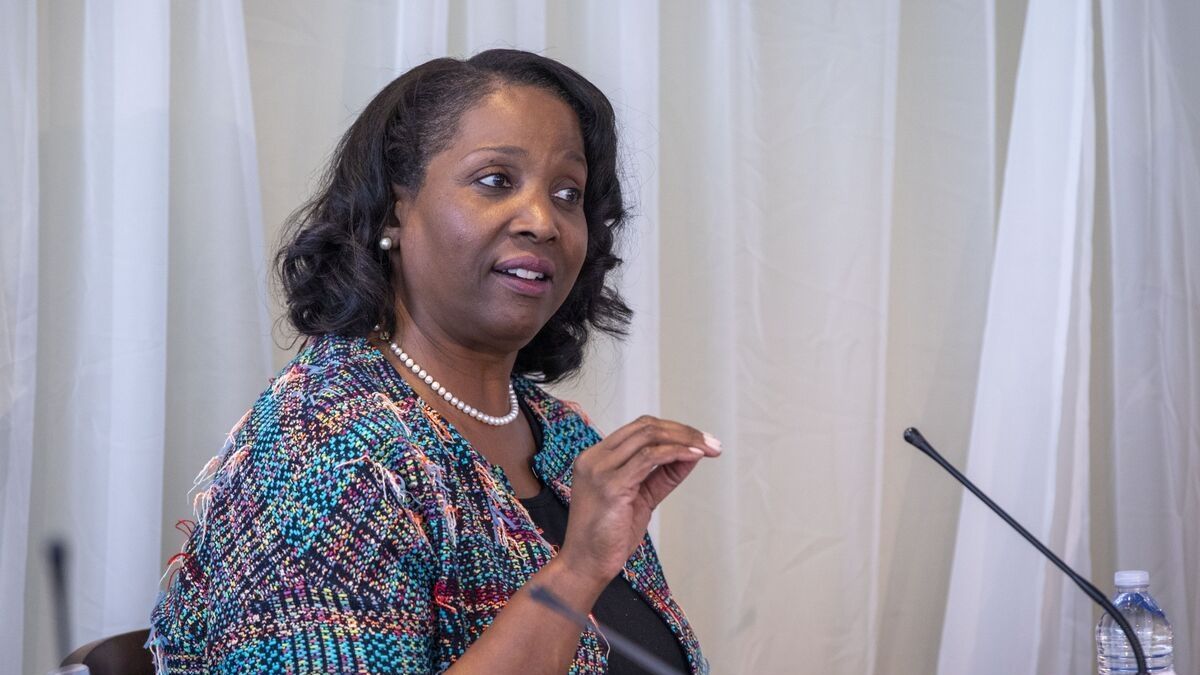

Governor Lisa D. Cook and Governor Kugler recently delivered speeches at separate conferences, highlighting advancements and challenges in economic measurement and policy.
Governor Lisa D. Cook delivered welcoming remarks at the 5th Annual Conference on 'Nontraditional Data, Machine Learning, and Natural Language Processing in Macroeconomics' in Washington, D.C. The conference aimed to improve the conceptual framework used by macroeconomic policymakers through advancements in data sources, computing, and methodologies. It brought together academics, practitioners, central banks, statistical agencies, and international organizations to discuss the application of nontraditional data, machine learning, and natural language processing in macroeconomic analysis. The use of these tools allows for a better understanding of real-time economic effects, improved estimation of economic outlooks, and more informed decision-making. The conference agenda included discussions on the opportunities and challenges of nontraditional data, machine learning, and artificial intelligence for government and private-sector institutions, as well as the impact of these technologies on central bank communications, social media, and macroeconomic modeling. The event also explored the potential use cases of AI technology in economic research and policymaking.
Governor Lisa D. Cook later reflected on the global economy's journey from uncertainty to stability at Princeton's Public Policy Conference. She discussed disinflationary trends, challenges posed by monetary policy and geopolitical risks, and highlighted the resilience of the economy. Cook's insights offered hope for a more stable outlook ahead [67e8f90a].
Governor Kugler, on the other hand, delivered a speech at the National Association for Business Economics (NABE) conference on the challenges of economic measurement and the importance of high-quality and accurate data. He highlighted the need for data that can track rapidly changing economic developments and capture newer sectors of the economy. Governor Kugler emphasized the value of nontraditional data generated by the private sector, such as employment statistics from payroll providers and credit card transaction data, in providing timely and granular insights into the economy. He also discussed the innovative efforts of statistical agencies, including the use of private-sector data and the development of new data series. Governor Kugler expressed optimism about the future of economic measurement and emphasized the importance of considering a wide range of indicators, both official and unofficial, in forming an economic outlook and making policy decisions [8dedb437].